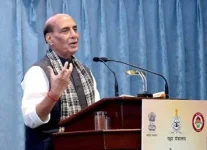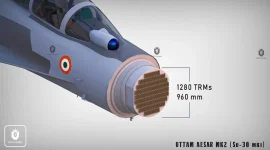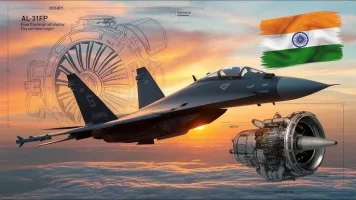- Views: 1K
- Replies: 2
India's Ministry of Defence has initiated a major overhaul of its military procurement process, aiming to slash the time taken to acquire critical arms and equipment to under two years.
A high-level committee is currently reviewing the existing procedures to eliminate long-standing bottlenecks that have historically delayed the modernization of the country's armed forces.
The review, which focuses on the Defence Acquisition Procedure (DAP) 2020, has identified three primary areas responsible for significant delays: the formulation of the Request for Proposal (RFP), extensive field evaluation trials, and prolonged contract negotiations.
Currently, the acquisition cycle for major defence platforms often extends to seven or eight years, far exceeding the two-year timeline officially prescribed in the DAP.
The swift procurement of the Rafale M fighter jets, which was finalised within the stipulated two-year period, is being viewed as a successful model for future acquisitions.
In an effort to enforce stricter deadlines, the review committee is exploring several innovative reforms.
One key proposal involves using advanced digital simulations to conduct trials for certain types of military hardware, which would replace time-consuming and lengthy field evaluations.
Additionally, the panel is considering a provision to waive redundant trial processes for weapon systems that are already in service and have been proven effective by the militaries of friendly foreign nations.
Headed by the Director General (Acquisition), the committee includes senior defence ministry officials alongside representatives from the defence industry and academic institutions.
The comprehensive review began in June and is scheduled to conclude by December 2025. This timeline aligns with the ministry's declaration of 2025 as the ‘year of reforms’, signalling a determined push to enhance the efficiency and responsiveness of the defence establishment.
Streamlining contract negotiation frameworks is also a major focus, aimed at cutting through bureaucratic hurdles.
This initiative represents a significant institutional effort to instil discipline, foster greater transparency, and accelerate military modernization.
By rationalizing testing protocols and approval processes, the Ministry of Defence aims to ensure that the Indian armed forces are equipped with modern technology in a timely manner, thereby bolstering the nation's defence preparedness and strategic capabilities.



